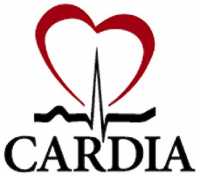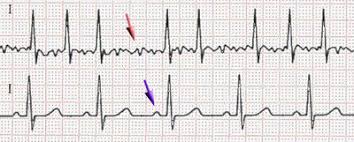MedicalResearch.com Interview with:
William G. Mantyh, MD
Clinical Fellow, UCSF Memory and Aging Center
Weill Institute for Neurosciences
UCSF
MedicalResearch.com: What is the background for this study?
Response: Similar to Alzheimer’s disease (AD) and other dementing illnesses, Chronic Traumatic Encephalopathy (CTE) is a progressive neurodegenerative condition associated with abnormally folded tau protein in the brain. CTE is thought to be caused by exposure to repetitive head trauma, and recently has been the subject of intense media coverage given the frequency of CTE found in brains of deceased former American professional football players. CTE is almost impossible to confidently diagnose during life as the symptoms are diverse and vary from patient-to-patient. Symptoms can include impairments in memory, multi-tasking, behavioral/mood regulation, and movement. As there are no blood, imaging, or other tests for this disease, one active area of research is developing a test to help doctors diagnose this condition.
As tau tangles in CTE are similar in many respects to those in Alzheimer’s disease, there was hope that PET tracers that detect tau in AD might also work in CTE. Flortaucipir (FTP) is probably the most widely used tau tracer in AD. Recent work has reported some signal from FTP-PET in symptomatic former NFL players and other patients at risk for CTE (Stern et al. New Engl Jour Med 2019; Lesman-Segev et al. Neuroimage Clinical 2019). The overall signal was lower than that observed in Alzheimer’s disease, and, in lieu of correlations with post-mortem findings, it was unclear how well FTP binds to tau pathology in CTE.
(more…)






























